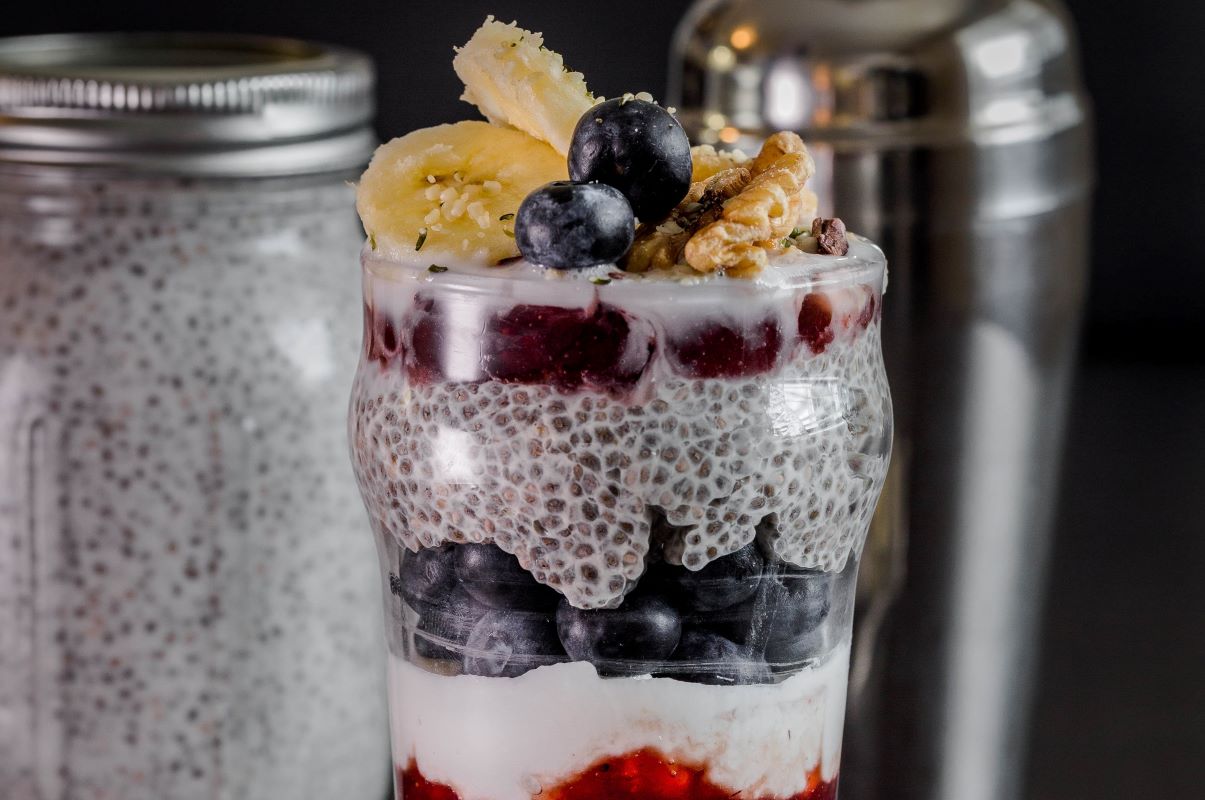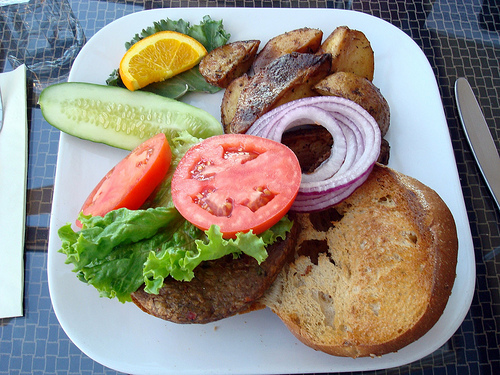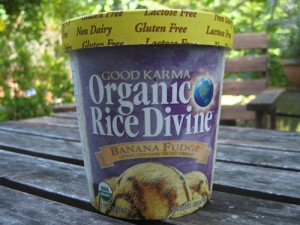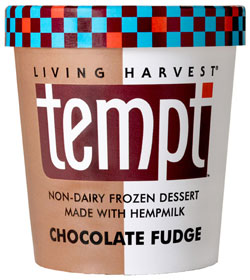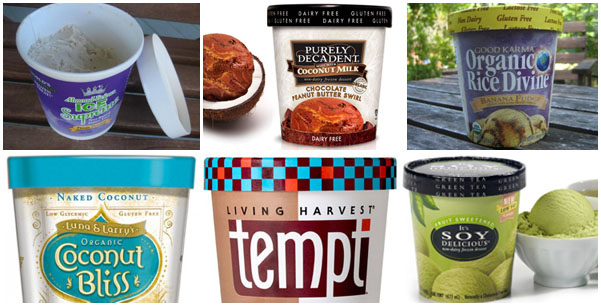Table of Contents
DHA, or docosahexaenoic acid, is an essential omega-3 fatty acid that plays a vital role in maintaining our bodies’ health. This type of fat is vital for brain, eye, and cardiovascular health as it helps to reduce inflammation and keep our cells healthy.
Unfortunately, many people don’t get enough of this fatty acid in their diets due to the fact that it’s not found in plant-based sources.It is important to note that there are plenty of vegan DHA sources out there that can provide your body with the essential omega-3s it needs for optimal health.
In this article, we will discuss the sources and benefits of vegan DHA, so you can make sure that you are getting enough into your diet. Let’s take a look!
DHA and its Importance for the Body
DHA is one of the main omega-3 fatty acids known as polyunsaturated fats. These essential nutrients are not produced in the human body, which means they must be obtained through food or supplements.
DHA plays an important role in many functions of our bodies, from brain health to eye health, heart health, and even our immune systems. The benefits of DHA have been verified through numerous studies, emphasizing its critical role in our diets.
DHA has been found to support the health of cellular membranes, thereby contributing to cell communication and interaction. With its anti-inflammatory properties, DHA aids in regulating the body’s immune response, supporting overall health and wellbeing.
It is also crucial for the growth and development of the infant’s brain and eyes during pregnancy and breastfeeding, making it especially important for pregnant and lactating women to ensure sufficient DHA intake.

Brain Health
One of the most significant roles of DHA is in maintaining brain health. It is a primary structural component of the human brain and cerebral cortex.
Regarding cognitive performance, a diet rich in DHA has been linked to better memory, attention, and processing speed. For children, sufficient intake of DHA is particularly important during their early years when their brains are developing rapidly.

Eye Health
DHA is a major component of the retina of the eyes. Studies have shown that insufficient DHA levels can lead to vision problems. Including enough vegan DHA sources in your diet can help maintain optimal eye health.
DHA can also protect the eyes from age-related macular degeneration and dry eye disease. It is especially important for maintaining good vision and eye health as we age, where the risk of developing eye-related health conditions increases.

Cardiovascular Health
DHA is also beneficial for heart health. The American Heart Association recommends the consumption of omega-3s for their role in reducing the risk of heart disease. This essential fatty acid aids in lowering blood pressure and blood clotting, contributing to heart disease.
DHA can help reduce LDL (bad) cholesterol levels while increasing HDL (good) cholesterol, contributing to better heart health. It also helps to maintain normal heart rhythm and reduce the risk of arrhythmias, which can lead to sudden cardiac death.

Reducing Inflammation
Omega-3 fats, particularly DHA, have been studied for their role in reducing inflammation.
DHA aids in reducing joint inflammation, providing relief for individuals suffering from conditions like arthritis. Its ability to modulate inflammation makes DHA a beneficial dietary component for individuals with autoimmune diseases.
Vegan Food Sources of DHA
Although DHA is commonly found in animal-based foods like fatty fish and fish oil, these sources are not part of a vegan or vegetarian diet. Nevertheless, some several plant-based foods and supplements can provide this essential omega-3 fatty acid.
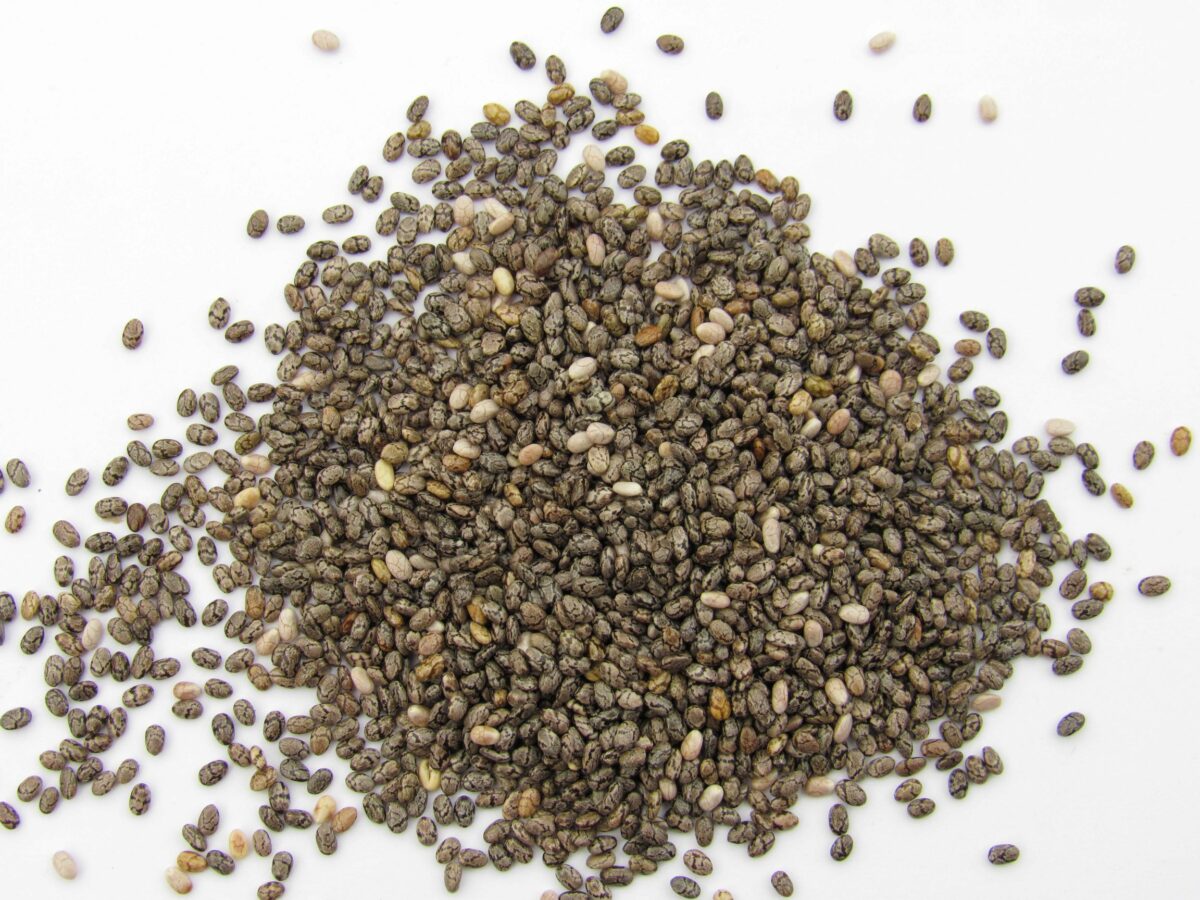
Chia Seeds
Chia seeds are a rich source of alpha-linolenic acid (ALA), a type of omega-3 that can be converted into DHA in the body. While the conversion rate is not high, consuming chia seeds regularly can contribute to the body’s overall omega-3 intake.
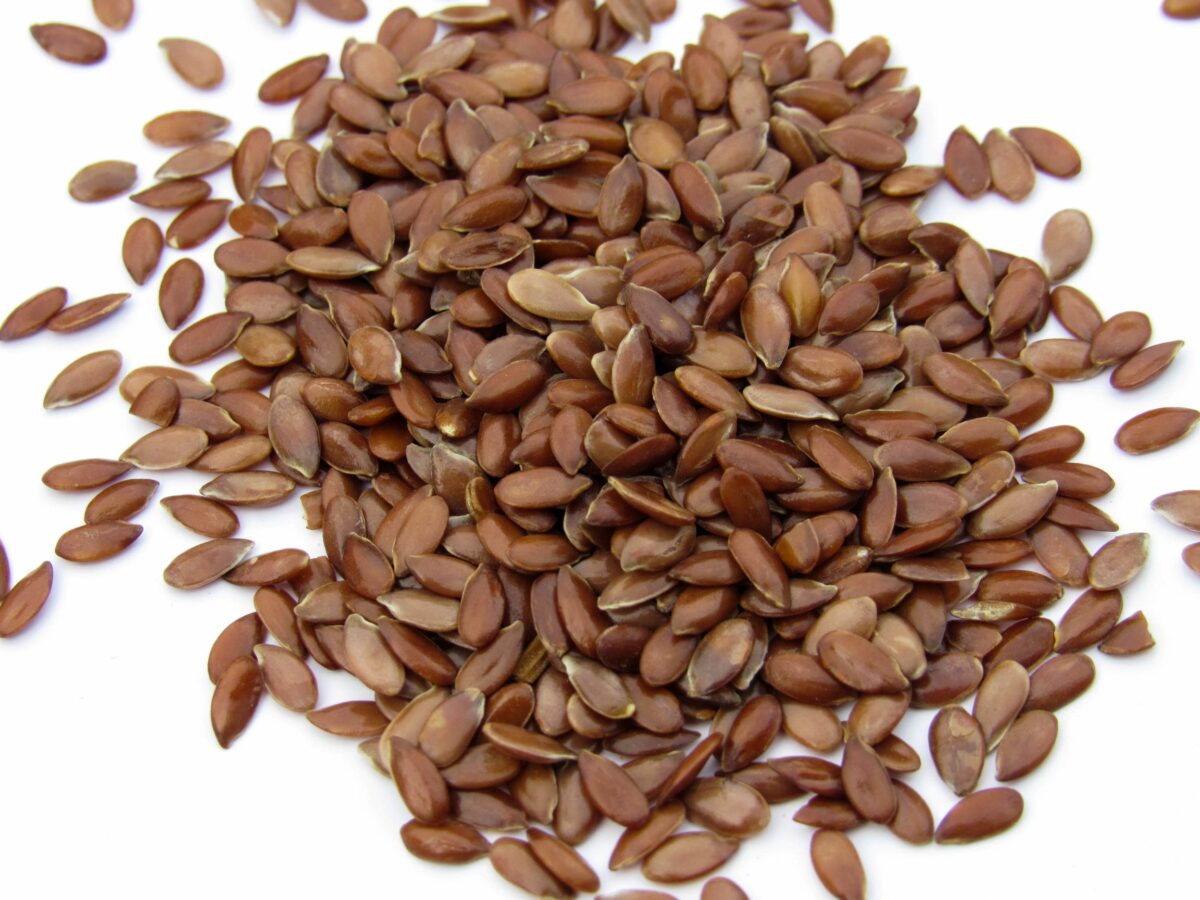
Flaxseeds
Flaxseeds are also a great source of ALA, which the body can convert into DHA. It’s important to note that ground flaxseeds are more beneficial than whole ones because our bodies can digest them better.
There are numerous ways to incorporate flaxseeds into a vegan diet. Flaxseed oil is also an option; however, it should not be used for cooking due to its low smoke point. Instead, use it as a salad dressing or drizzle it over cooked foods.
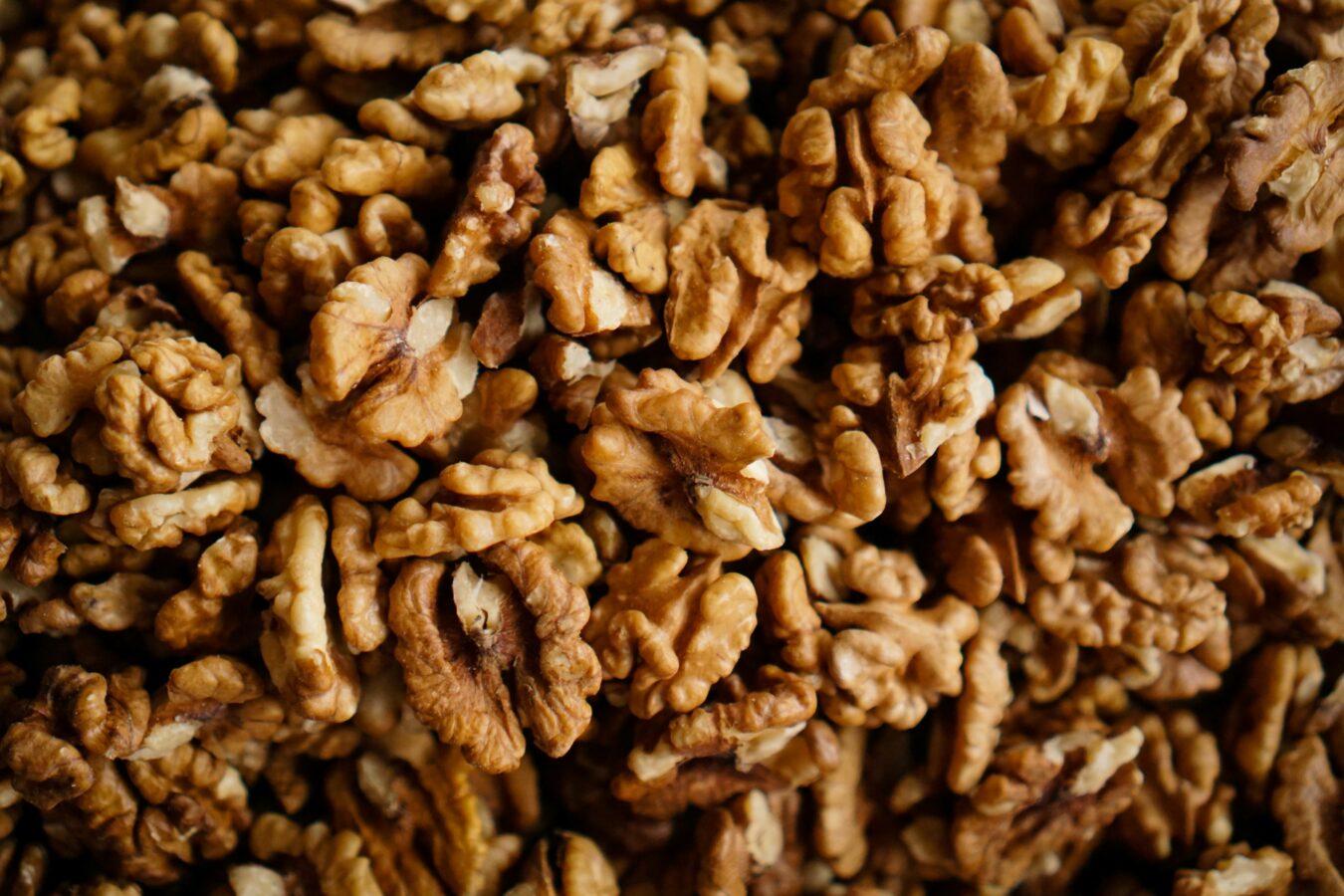
Walnuts
Walnuts are another excellent plant-based source of ALA that the body can convert into DHA. These crunchy nuts are also rich in other nutrients, including protein, fiber, and healthy fats.
Walnut oil is also a great option to increase your DHA intake; like flaxseed oil, it should be used cold and not for cooking.
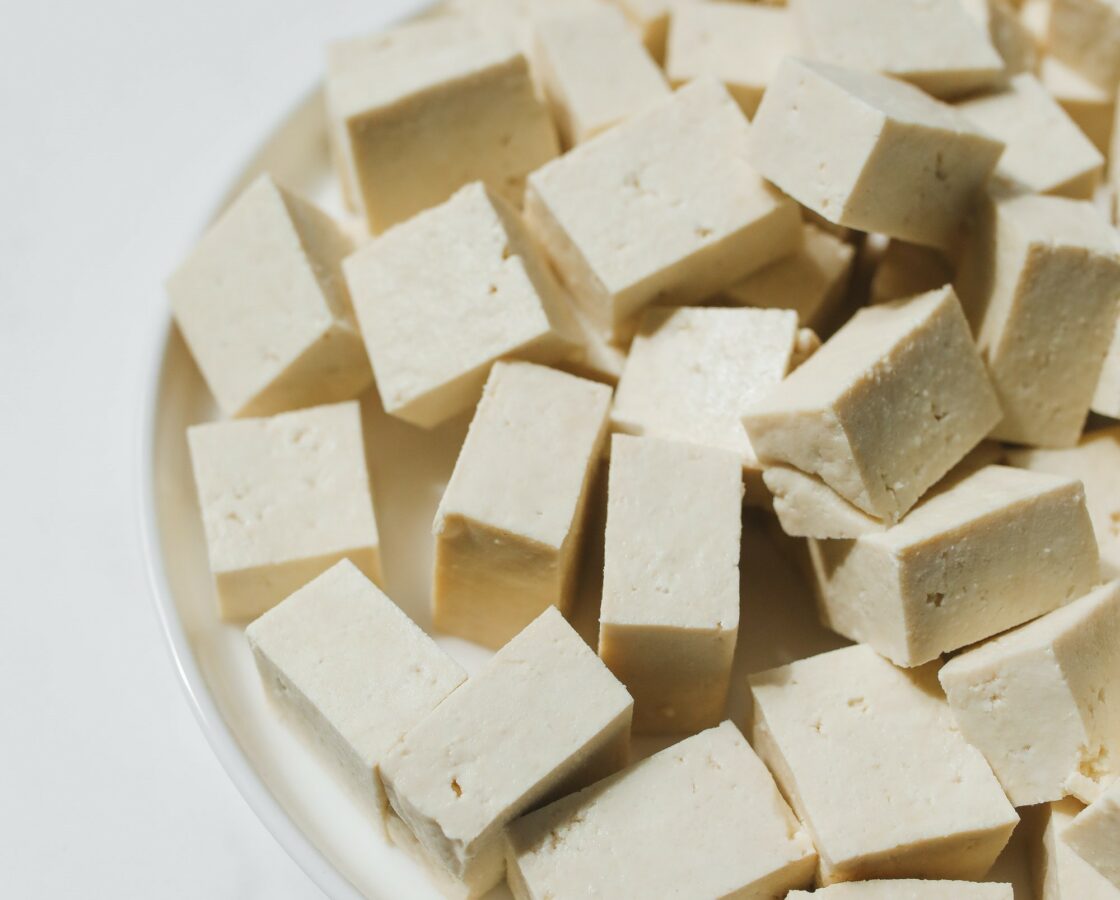
Soy-based Products
Soy-based products, such as tofu and tempeh, contain a small amount of omega-3s, including ALA. These foods also provide high-quality plant protein, a bonus for vegans and vegetarians.
Remember to choose organic or non-GMO soy products to ensure you consume the healthiest options.
Vegan DHA Supplements
While incorporating DHA-rich foods into your diet is important, some people may need help to get enough DHA from foods alone, particularly those on a vegan or vegetarian diet. In such cases, vegan DHA supplements can be a beneficial addition.
These supplements are designed to provide the essential nutrients that may be harder to get from a vegan or vegetarian diet.
Most vegan DHA supplements are derived from marine algae, the same source fish get their DHA from, making them an excellent DHA source for vegans and vegetarians. Check the DHA content on the supplement label to ensure you get the recommended amount.
They help fill nutritional gaps and ensure you get enough omega-3s for optimal health. The benefits of supplementing with DHA include supporting brain health, cardiovascular health, eye health, and reducing inflammation.
Algae-Based DHA Supplements
One popular type of vegan DHA supplement is derived from algae. Algae are the source of DHA and EPA in the ocean food chain. Fish consume algae and accumulate their omega-3s, so fish and fish oils are typically associated with these fatty acids.
Algae-based DHA supplements offer the same health benefits as fish oil supplements, without using any animal products. These supplements can support heart, brain, and eye health and help lower blood pressure and reduce inflammation.
Algae-based DHA supplements are a good option for vegans, vegetarians, and anyone who does not consume fish regularly. They are also beneficial for pregnant women who need additional DHA for the development of their baby.
They also tend to be free from contaminants like heavy metals, PCBs, and dioxins, sometimes found in fish and fish oil supplements. They are generally well-tolerated and easily absorbed by the body, making them an effective way to supplement DHA intake.
Combination Supplements
Another option for vegans and vegetarians is combining supplements that contain DHA and other essential nutrients. These may include EPA, another type of omega-3 fatty acid, and other nutrients like vitamin D, vitamin B12, and iodine, which can sometimes be lacking in plant-based diets.
These supplements provide a comprehensive approach to nutritional supplementation, ensuring you get a range of essential nutrients in one convenient package. However, before starting any supplement regimen, it’s always best to consult a healthcare provider to discuss your needs and circumstances.
When choosing a supplement, you may also need to consider your personal health goals, lifestyle, dietary restrictions, and potential allergies or intolerances.
Finally, when choosing any supplement, always look for products from reputable companies that use a hexane-free process and third-party testing for quality assurance.
How the Body Uses DHA
Docosahexaenoic acid (DHA), a type of long-chain omega-3 fatty acid, plays an essential role in the human body. After ingestion, DHA is absorbed in the small intestine along with dietary fats. It’s then transported to the liver, where it’s processed and released into the bloodstream. From here, DHA can be delivered to various tissues throughout the body.
A significant amount of DHA is directed to the brain and eyes, where it is incorporated into the cell membranes, supporting cognitive function, eye health, and overall brain health. DHA also plays important roles in heart health and inflammation reduction.
Moreover, DHA also produces certain signaling molecules called eicosanoids, which play various roles in the body’s cardiovascular, pulmonary, immune, and endocrine systems.
The Link Between Diet and DHA Absorption
Diet plays a crucial role in DHA absorption. Certain nutrients can enhance the body’s ability to absorb and utilize DHA. These include other types of fats, particularly monounsaturated and polyunsaturated fats, which facilitate the transport and absorption of DHA in the gut.
However, a vegan diet can pose some challenges in this respect. While vegan diets are typically rich in alpha-linolenic acid (ALA), the plant-based form of omega-3, the body’s conversion rate of ALA to DHA and EPA (eicosapentaenoic acid) is relatively low. Thus, it’s important for those on a vegan diet to incorporate DHA-rich plant sources, like algae, or consider vegan DHA supplements.
Positive Absorption Interactions
It’s important to know about certain interactions that can inhibit iron absorption. For instance, certain compounds found in foods like tea, coffee, and some whole grains can bind to iron and reduce its absorption. Therefore, avoiding these foods is often recommended around the time of taking iron supplements.
Vitamin C and DHA
Vitamin C also enhances the absorption of fatty acids, and both nutrients can be found abundantly in a well-balanced vegan diet. For example, fruits, vegetables, nuts, seeds, and legumes are excellent sources of these nutrients.
Lifestyle Factors That Impact DHA Absorption
Several lifestyle factors can impact DHA absorption and utilization in the body. These include:
- Exercise: Regular physical activity can enhance the absorption and utilization of essential fatty acids.
- Alcohol: Excessive alcohol consumption can interfere with the absorption and utilization of DHA, among other nutrients.
- Smoking: Smoking negatively affects the absorption of various nutrients, including DHA.
- Stress: Chronic stress can negatively impact the body’s ability to absorb and utilize nutrients effectively.
- Age: The body’s ability to absorb nutrients, including DHA, can decrease.
While maintaining a vegan diet can be challenging to ensure adequate intake of DHA, it is possible. Vegans can successfully meet their DHA needs by being mindful of diet, incorporating DHA-rich foods, considering supplements, and managing lifestyle factors.
Tips for Meeting DHA Needs on a Vegan Diet
While getting enough DHA on a vegan diet might seem challenging, with a little planning and knowledge, it’s entirely possible. Here are some practical tips to ensure you’re meeting your DHA needs:
Incorporate Omega-3 Rich Foods in Your Diet
Include foods rich in omega-3s in your meals. While it’s true that the conversion rate from ALA to DHA and EPA is low, these foods still contribute to overall omega-3 intake. Flaxseeds, chia seeds, walnuts, and hemp seeds are fantastic choices.
They can be easily added to various dishes, from breakfast cereals and smoothies to salads and stir-fries, providing not only essential omega-3 fats but also other important nutrients.
Add Algae to Your Diet
Marine algae, or seaweed, is one of the only plant sources that naturally contains DHA. Certain types of seaweed, like nori, wakame, and dulse, can be a tasty addition to your meals. Moreover, algal oil, derived from algae, is a rich source of DHA and can be found as a supplement or incorporated in certain fortified foods.
Consider Vegan DHA Supplements
If you find it challenging to meet your DHA needs through diet alone, consider vegan DHA supplements. Algal oil supplements, for instance, are an excellent choice. They are derived from algae and are completely plant-based. Always choose high-quality, reputable brands to ensure you get the best products.
Plan Your Meals
Plan your meals to ensure a good balance of essential nutrients. Incorporating a variety of fruits, vegetables, whole grains, legumes, nuts, and seeds can help ensure you’re getting an array of nutrients that aid in the absorption and utilization of DHA.
Stay Hydrated
Drink plenty of water throughout the day. Proper hydration aids in the digestion and absorption of nutrients, including fats.
Cook with Canola or Walnut Oil
Canola and walnut oil are excellent sources of omega-3 fatty acids, essential for maintaining optimal health. These oils can be used in various ways, such as in salad dressings or for low-heat cooking, to enhance your intake of these beneficial fats. It is important, however, to consume these oils in moderation due to their high calorie content.
Excessive consumption of these oils can lead to weight gain. Therefore, adopting a balanced approach to oil consumption is advisable to maintain a healthy weight while still obtaining the essential nutrients your body needs.
Incorporating canola and walnut oil into your diet can help you meet your omega-3 fatty acid requirements. However, it is worth noting that individuals have varying nutritional needs, and what might work well for one person may not be suitable for another.
Suppose you are still determining your intake of DHA, a specific type of omega-3 fatty acid. In that case, it is recommended to consult a registered dietitian or healthcare provider who can provide personalized advice tailored to your needs. By seeking professional guidance, you can ensure that you effectively meet your nutritional requirements and support your overall well-being on a vegan diet.
FAQ
What is DHA and why is it important?
DHA (Docosahexaenoic Acid) is an omega-3 fatty acid crucial for brain health, cognitive function, and maintaining healthy eyes. It’s particularly important during pregnancy and infancy for proper neural development.
Are there any plant foods naturally high in DHA?
Plant foods generally contain ALA (Alpha-Linolenic Acid), a precursor to DHA. However, the conversion rate of ALA to DHA in the body is low. Algal supplements are a more reliable vegan source of DHA.
How does algae provide vegan DHA?
Algae are a primary source of DHA in the marine food chain. Algae-based DHA supplements are derived directly from these microorganisms, making them a sustainable and vegan-friendly option.
